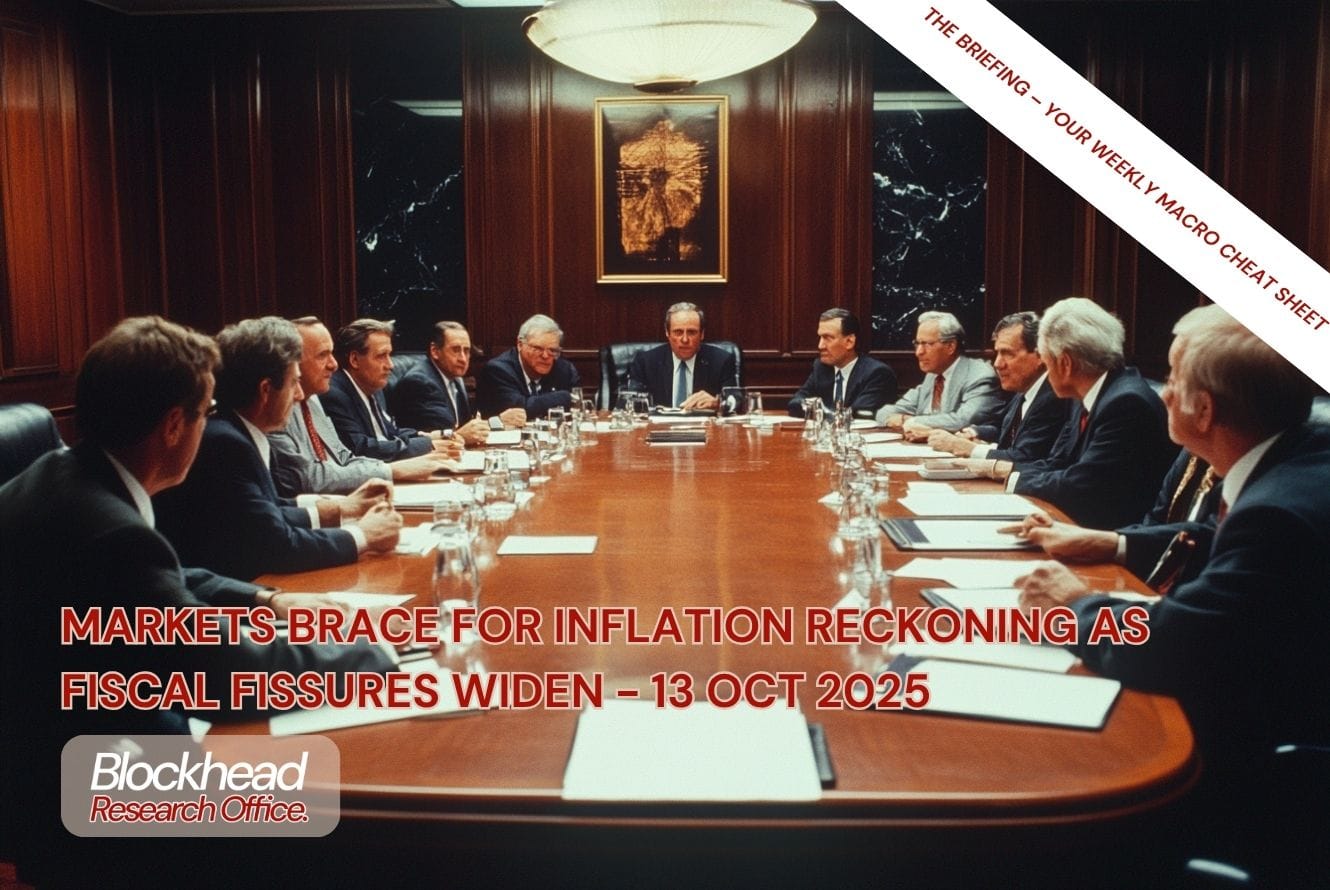Singapore Delays Bank Crypto Asset Rules to 2027 Amid Industry Pushback



Singapore's central bank has postponed implementation of prudential rules governing how banks treat cryptocurrency exposures to 2027 or later, following industry feedback that the proposed standards would disadvantage the jurisdiction and stifle innovation.
The Monetary Authority of Singapore (MAS) originally planned to implement the Basel Committee's cryptoasset standards from January 2026, aligning with international timelines. However, banks warned the early adoption would create regulatory arbitrage as other jurisdictions delayed similar rules.
"MAS will defer the implementation of the prudential treatment and disclosures of cryptoasset exposures to 1 January 2027 or later and will provide updates on the final cryptoasset standards and implementation date in due course," the regulator said in its response to consultation feedback .
The proposed rules would have required banks to hold capital against cryptocurrency exposures based on a classification system dividing digital assets into groups with different risk weights. Group 2 cryptoassets, including most cryptocurrencies on permissionless blockchains, would face a punitive 1,250% risk weight, effectively making such exposures prohibitively expensive for banks.
Industry respondents argued the classification conditions were "punitive and not technologically neutral," particularly for assets operating on permissionless blockchains. Banks contended the conservative treatment would push cryptoasset activities outside regulatory perimeters rather than achieving the intended prudential objectives.
"While respondents acknowledged that cryptoassets operating on permissionless blockchains could introduce novel risks compared to traditional assets, they expressed that such cryptoassets should not be precluded from being treated as Group 1 cryptoassets," MAS noted in its feedback response.
The delay allows MAS to consider technological advances including Layer 2 solutions that could potentially mitigate risks from permissionless blockchains. The regulator also acknowledged the need for greater international alignment on eligible reserve assets for Group 1b cryptoassets, particularly affecting stablecoin treatment.
"MAS recognises that since the publication of the cryptoasset standards, there have been advances in implementation practices (including technological safeguards through layer 2 solutions) which could potentially help mitigate the risks arising from the use of permissionless blockchains," the central bank and regulator stated.
During the interim period until implementation, banks with existing or planned cryptocurrency exposures must notify and engage MAS on appropriate prudential treatment. The regulator expects banks to apply treatment "largely aligned" with the consulted proposals.
The consultation also addressed treatment of stablecoins, with mixed industry views on whether cash or securities from repurchase agreements and similar transactions should qualify as eligible reserve assets. Some respondents proposed expanding eligible reserves to include money market instruments.
MAS indicated it would continue monitoring cryptoasset landscape developments and global regulatory progress "with a view towards promoting harmonisation in the implementation of the cryptoasset standards internationally and ensuring the appropriateness of the prudential standards."
The delay represents a significant concession to Singapore's financial industry, which has positioned the city-state as a crypto-friendly hub while maintaining strict regulatory oversight. Banks warned that implementing Basel standards ahead of other jurisdictions could disadvantage Singapore-based institutions in global competition.
Separately, MAS finalized rules requiring banks to exclude retail investors from purchasing Additional Tier 1 and Tier 2 capital instruments, taking effect January 2026. The changes aim to protect retail investors from complex, loss-absorbing securities while maintaining banks' ability to issue regulatory capital to institutional investors.
The capital instrument rules clarify that banks need not track secondary market transactions but must ensure sale agreements with intermediaries prohibit onward sales to Singapore retail investors. Existing AT1 and Tier 2 instruments held by retail investors before January 2026 will be grandfathered indefinitely, MAS said.

Are 'Uptober' Bets Still Intact After Friday's Historic Crash?
Bitcoin leads recovery from Trump-triggered selloff as institutional investors return, altcoins surg...

Markets Brace for Inflation Reckoning as Fiscal Fissures Widen
Your weekly macro cheat sheet...

Bitcoin Nears $115K After Weekend Liquidation But Tariff Risk Looms Large
Your daily access to the backroom...

